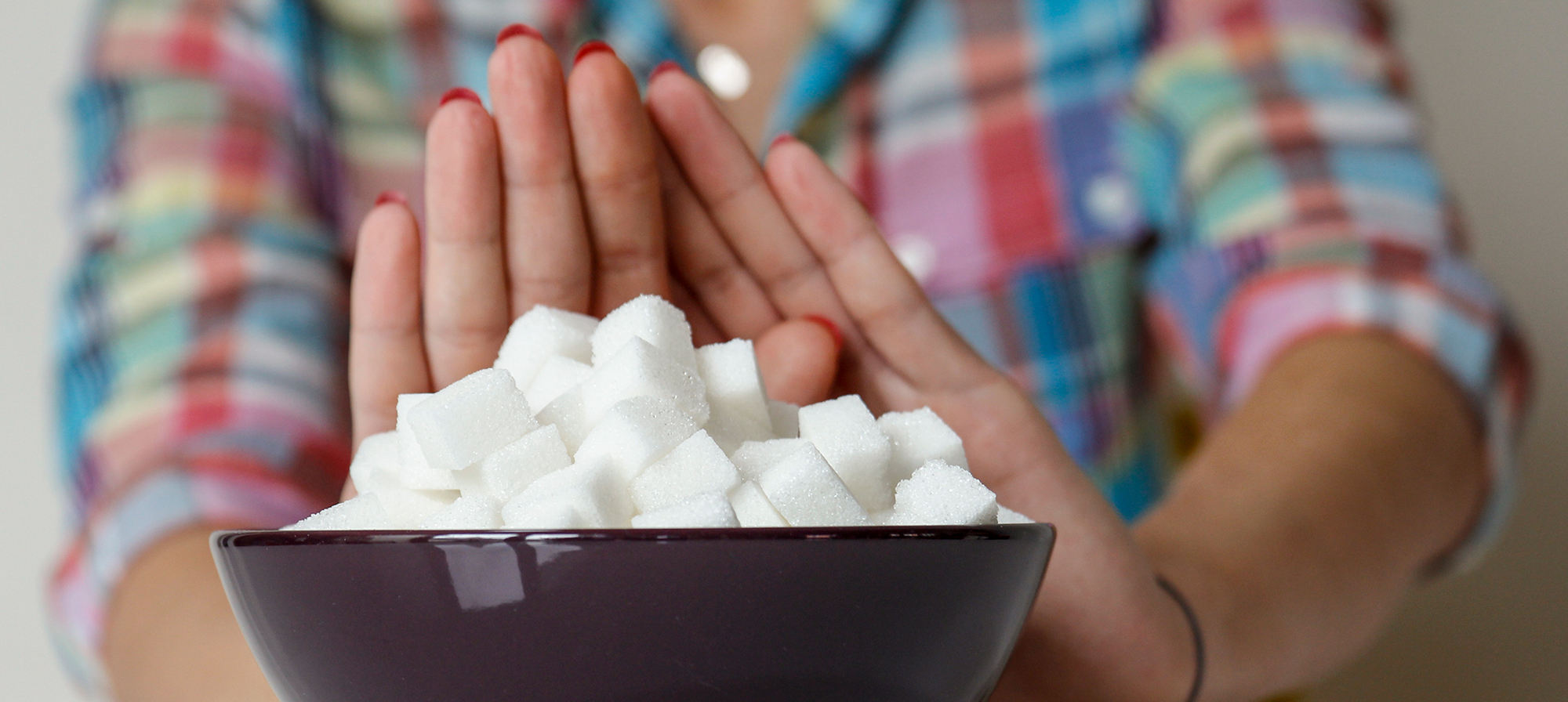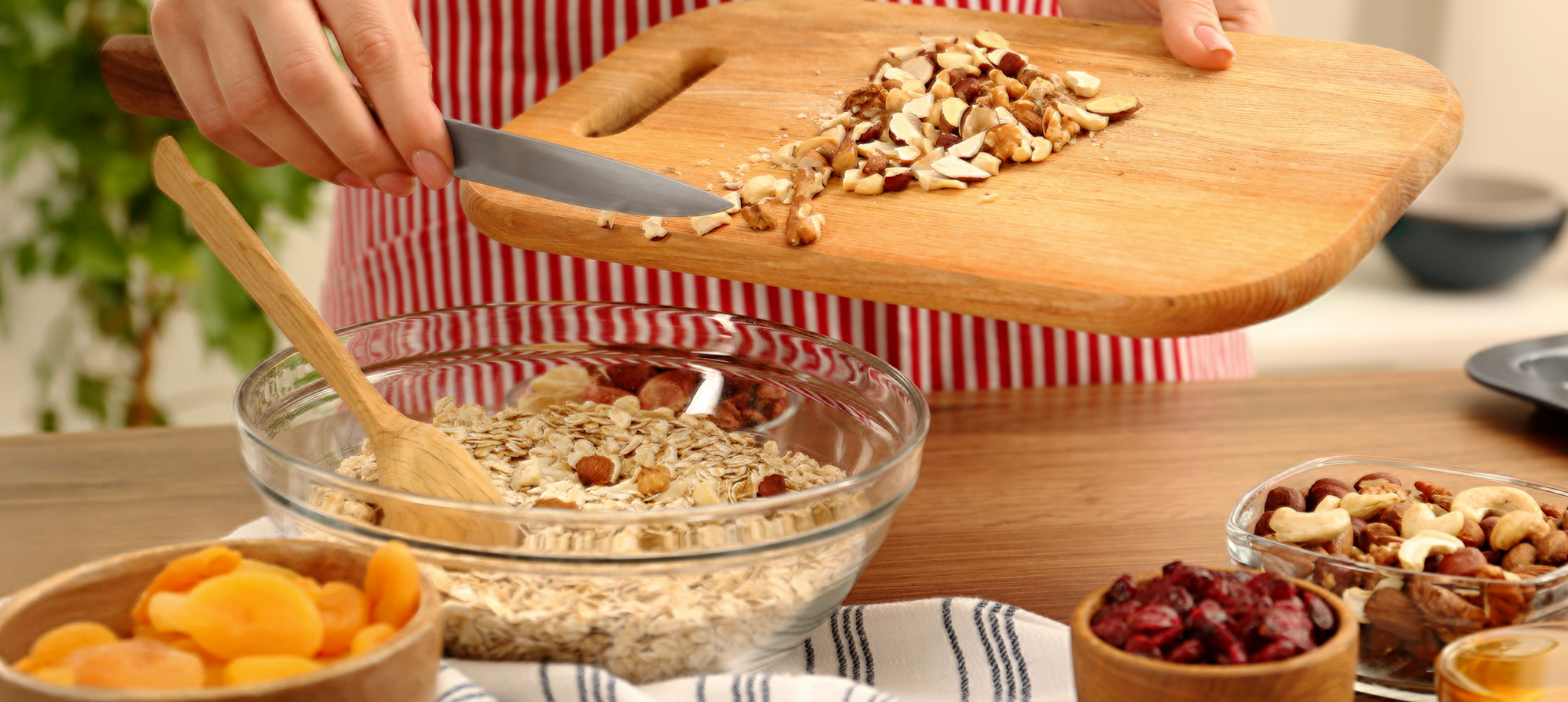People sometimes joke about their “addictive” sweet tooth. But for some, a sugar habit can feel as powerful as any addiction and can be a cause for concern.
Can you really become addicted to sugar? Researchers still debate that. But if you have ever had the sugar habit, you know that the cravings can be powerful and the habit hard to break. One thing that researchers do agree on is that refined sugar is not good for your health. Luckily, there are steps you can take to get your sweet tooth under control.
But first, take a look at the many reasons you may want to take such a step in the first place. Too much added sugar in your diet may lead to:
- A larger waistline. Sugary foods and drinks are often high in calories. Eating too many cookies, candy, desserts, and sweetened drinks can easily bump up calorie intake. That can pack on unwanted weight.
- Poor nutrition. While high in calories, sugar has no nutritional value. So, if you’re filling up on sugary foods, you may be crowding out more nutritious ones. That can lead to low levels of the vitamins, minerals, and other nutrients your body does need to stay healthy and function at its best.
- Dental problems. Sugar of any kind can lead to an overgrowth of bacteria on your teeth. That’s especially true if you don’t brush or floss often enough. Over time, eating a lot of sugary foods can damage tooth enamel and raise the risk of cavities.
- High triglycerides. This is a type of fat stored in your fat cells and released into your blood stream to be used as energy by your body. Sugar tends to raise triglycerides. High levels of them over time may narrow and harden the arteries, possibly boosting the risk of heart disease, heart attack, or stroke.
- High blood pressure. Although more research is needed, a handful of studies suggest that downing too many sugar-sweetened drinks may play a role in unhealthy blood pressure levels.
- Chronic inflammation. Eating too many sugary foods may contribute to chronic inflammation. Over time, this may harm blood vessels and raise the risk of heart attack, stroke, and other serious health problems.
Here are 8 other key habits to better support your heart health. - Mood swings. Have you ever had a “sugar crash”? They tend to happen after eating a pint of ice cream or pile of chocolate chip cookies in one fell swoop. Blood sugar levels spike, but then quickly drop. The dramatic drop in blood sugar can leave you feeling hungry, shaky, tired, anxious, and irritable.

Your brain on sugar
More research is needed to confirm whether sugar—or any food—can be addictive in the same way that alcohol, tobacco, and certain drugs can be.
But studies suggest that added sugar does boost the release of feel-good chemicals in the brain. These, in turn, can excite your reward and pleasure pathways. Those are the same pathways involved in addiction.
Experts think that the more often these pathways are activated, the harder it may become to use self-control. So, the more sweet stuff you eat, and the longer you eat it, the harder it may get to say “no.”
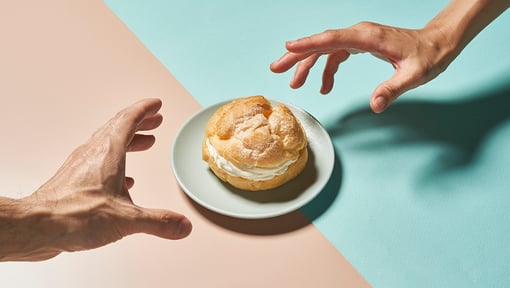
How can you kick the sugar habit?
Some experts say that the only way to kick the sugar habit is to cut out all sources of it from your diet—at least for a while. This is thought to be the best way to quiet sugar’s hold on the reward pathways in your brain. Other experts believe that cutting out all sugar just makes the cravings for it stronger.
You may have to experiment to see which method works best for you. But you’ll certainly want to cut back on the sweet stuff in a big way. Doing so may help dial down your constant cravings to an occasional urge—one that’s easily satisfied with just a bite or two of something sweet. Here are some tips that may help:
1. Create a quit plan. Make a pledge to give sugar the boot. Then set a date for quitting—or cutting way back—and make a quit plan. Your plan could include a list of strategies for dealing with sugar cravings, like some of the ones below.
2. Limit or cut out all forms of sugar. Clear your home of cookies, candy, sugar-sweetened drinks, and the sugar bowl. Try to spot hidden sources of sugar, too. Check food labels for ingredients like sucrose, dextrose, fructose, honey, molasses, and corn syrup. These are all forms of sugar. You may also want to steer clear of foods with artificial sweeteners. Some studies suggest they boost cravings for all things sweet.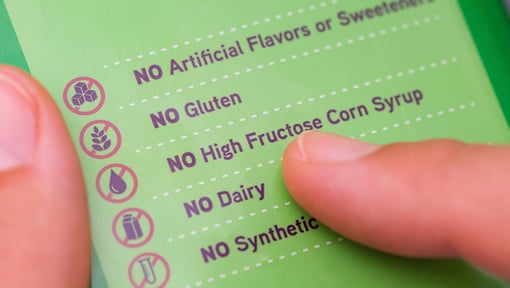
3. Eat regular meals and healthy snacks. Keep your blood sugar steady throughout the day, and you may feel less likely to hit the vending machine for a candy bar. Create a meal plan that includes 3 wholesome meals a day, with healthy snacks in between.
• Plan to eat healthy portions of lean protein, healthy fats like nuts, avocado, and olive oil, fresh veggies and fruits, and whole grains. Make sure to drink water, too. If you have any health issues, check with your doctor to find out how much water (or fluids) you should be drinking daily. It may help curb both your appetite and sugar cravings.
• Looking for an easy meal that doesn’t take much planning? Here are a few pointers for building a healthy sandwich.
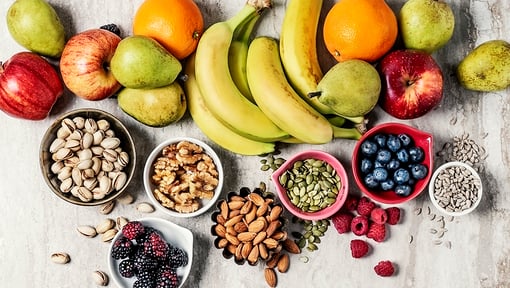
4. Manage your stress. Unpleasant feelings like stress, sadness, and anger can sometimes cause cravings for high-calorie foods. Instead of reaching for junk food, try learning to cope in healthy ways. Physical activity, especially one you enjoy, can be a great stress reliever. So can practices like deep breathing and meditation.
5. Get plenty of sleep. Too little sleep and sugar cravings often go hand in hand. A lack of sleep can boost levels of a hormone that signals the brain you’re hungry. Plus, if you’re tired from too little sleep, you may feel more tempted to look for a quick lift from something sweet. Studies also suggest that people who are sleep-starved tend to crave foods high in sugar (as well as fat). If you have trouble sleeping, talk with your doctor about steps you can take to remedy the situation.
Keep in mind that you may not have to abstain from sugar for life. Once you get better control of the habit, you may find that you can enjoy a small sweet treat now and then without letting sugar cravings get the best of you.
Learn how to overcome barriers and boost your motivation by setting SMART goals for yourself.
Not a Silver&Fit® member? Learn more about everything the program has to offer, including more helpful healthy living tips like this, here on our website.
This information is not intended to take the place of regular medical care or advice. Please check with your doctor before using this information or beginning any self-care program. Images used for this article do not depict any members of the Silver&Fit Program.
References
Cheungpasitporn, W., Thongprayoon, C., Edmonds, P. J., Srivali, N., Ungprasert, P., Kittanamongkolchai, W., & Erickson, S. B. (2015). Sugar and artificially sweetened soda consumption linked to hypertension: A systematic review and meta-analysis. Clinical and Experimental Hypertension, 37(7), 587–593. https://doi.org/10.3109/10641963.2015.1026044
Cleveland Clinic. (2020, December 30). Diet tips to help you fight inflammation. https://health.clevelandclinic.org/9-diet-tips-to-help-you-fight-inflammation/#:~:text=Choose%20skinless%20poultry%2C%20fish%2C%20eggs,bologna%2C%20salami%20and%20hot%20dogs
DiNicolantonio, J. J., O'Keefe, J. H., & Lucan, S. C. (2014). An unsavory truth: Sugar, more than salt, predisposes to hypertension and chronic disease. The American Journal of Cardiology, 114(7), 1126–1128. https://doi.org/10.1016/j.amjcard.2014.07.002
Jayalath, V. H., Sievenpiper, J. L., de Souza, R. J., Ha, V., Mirrahimi, A., Santaren, I. D., Blanco Mejia, S., Di Buono, M., Jenkins, A. L., Leiter, L. A., Wolever, T. M., Beyene, J., Kendall, C. W., & Jenkins, D. J. (2014). Total fructose intake and risk of hypertension: A systematic review and meta-analysis of prospective cohorts. Journal of the American College of Nutrition, 33(4), 328–339. https://doi.org/10.1080/07315724.2014.916237
Mayo Clinic. (2019, March 26). Are you consuming too much sugar? https://www.mayoclinichealthsystem.org/hometown-health/speaking-of-health/are-you-consuming-too-much-sugar
Meule, A., & Gearhardt, A. N. (2014). Food addiction in the light of DSM-5. Nutrients, 6(9), 3653–3671. https://doi.org/10.3390/nu6093653
Schulte, E. M., Avena, N. M., & Gearhardt, A. N. (2015). Which foods may be addictive? The roles of processing, fat content, and glycemic load. PloS One, 10(2), e0117959. https://doi.org/10.1371/journal.pone.0117959
This article was written by Jason Nielsen, edited by Gail Olson, and clinically reviewed by Elizabeth Thompson, MPH, RDN.
